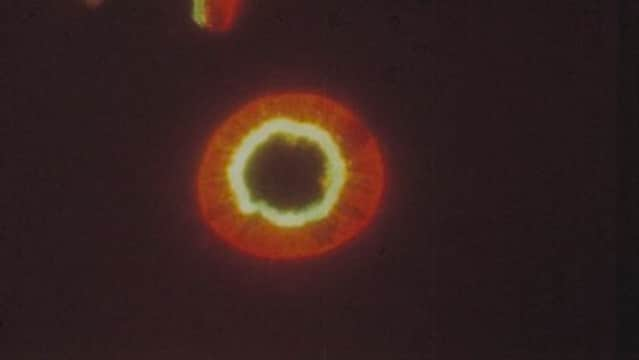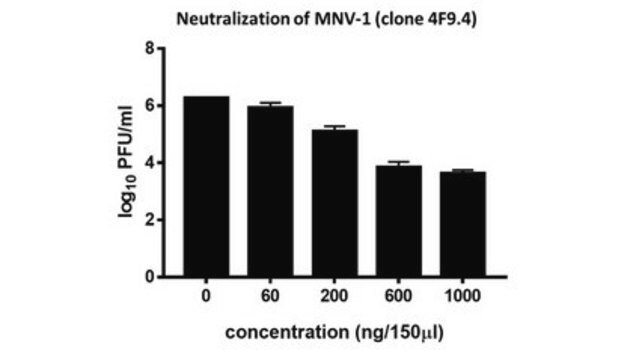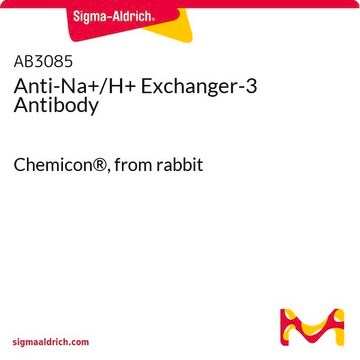MABN2415
Anti-phospho-NHE3 (Ser552) Antibody, clone 14D5
clone 14D5, from mouse
Sinónimos:
Sodium/hydrogen exchanger 3, Na(+)/H(+) exchanger 3, Solute carrier family 9 member 3, NHE-3
About This Item
Productos recomendados
biological source
mouse
Quality Level
antibody form
purified immunoglobulin
antibody product type
primary antibodies
clone
14D5, monoclonal
species reactivity
rat, opossum, bovine, mouse, human
technique(s)
ELISA: suitable
immunofluorescence: suitable
western blot: suitable
isotype
IgG2aκ
NCBI accession no.
UniProt accession no.
shipped in
ambient
target post-translational modification
phosphorylation (pSer552)
Gene Information
rat ... Slc9A3(24784)
General description
Specificity
Immunogen
Application
Western Blotting Analysis: A representative lot detected phospho-NHE3 (Ser552) in Western Blotting applications (Kocinsky, H.S., et. al. (2005). Am J Physiol Renal Physiol. 289(2):F249-58; Kocinsky, H.S., et. al. (2007). Am J Physiol Renal Physiol. 293(1):F212-8).
ELISA Analysis: A representative lot detected phospho-NHE3 (Ser552) in ELISA applications (Kocinsky, H.S., et. al. (2005). Am J Physiol Renal Physiol. 289(2):F249-58).
Neuroscience
Quality
Western Blotting Analysis: 2 µg/mL of this antibody detected Sodium/hydrogen exchanger 3 in lysate from COS-7 cells transfected with wild- type NHE-3 (pSer552). It did not detect NHE-3 in lysate from untransfected COS-7 cells or those transfected with mutated NHE-3 (S552A).
Target description
Physical form
Storage and Stability
Other Notes
Disclaimer
¿No encuentra el producto adecuado?
Pruebe nuestro Herramienta de selección de productos.
Storage Class
12 - Non Combustible Liquids
wgk_germany
WGK 1
flash_point_f
does not flash
flash_point_c
does not flash
Certificados de análisis (COA)
Busque Certificados de análisis (COA) introduciendo el número de lote del producto. Los números de lote se encuentran en la etiqueta del producto después de las palabras «Lot» o «Batch»
¿Ya tiene este producto?
Encuentre la documentación para los productos que ha comprado recientemente en la Biblioteca de documentos.
Nuestro equipo de científicos tiene experiencia en todas las áreas de investigación: Ciencias de la vida, Ciencia de los materiales, Síntesis química, Cromatografía, Analítica y muchas otras.
Póngase en contacto con el Servicio técnico






